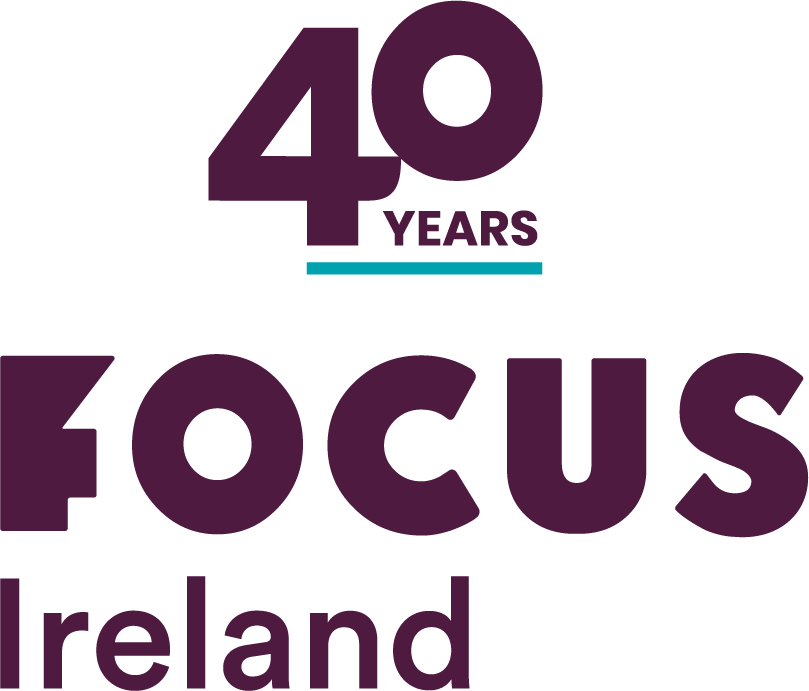Press Releases
Focus Ireland Press Releases provide the very latest information issued to media outlets.
Our most up-to-date releases in relation to homelessness and housing can be viewed below.
Homelessness rises again as Government fails to meet social housing targets and closes down effective prevention scheme
New figures issued by the Department of Housing today show a further increase in homelessness of 40 people for March 2025 to a new record high total of 15,418 people homeless.
Focus Ireland Calls on Government to Prioritise Families Trapped in Long-term Homelessness for Social Housing as Homelessness Hits Another Record High of 15,378
Focus Ireland Calls on Government to Prioritise Families Trapped in Long-term Homelessness for Social Housing as Homelessness Hits Another Record High of 15,378
Homeless figures increase to a record high of 15,286 as Focus Ireland urge Government to prioritise new social housing for vulnerable families
New figures issued by the Department of Housing today show an increase in homelessness of 422 people for January 2025 to a new record high total of 15,286 people homeless. For the same month there are also 93 more children, and 72 more families compared to December 2024 (4,603 children and 2,164 families or January 2025).
Taoiseach Micheál Martin, TD officially opens 13 homes and an administrative hub in Mallow, Co. Cork.
The refurbished social-rented development in Mallow, represents continued housing delivery for Focus Housing Association in County Cork.
Homeless figures down to 14,864 as Focus Ireland urge new Housing Minister to build on this progress
Homeless figures down to 14,864 as Focus Ireland urge new Housing Minister to build on this progress
Focus Ireland Says that a Plan to End Homelessness must be Central to the Next Programme Govt as New Figures Show a record total of 15,199 People Homeless
Focus Ireland Says that a Plan to End Homelessness must be Central to the Next Programme Govt as New Figures Show a record total of 15,199 People Homeless.

